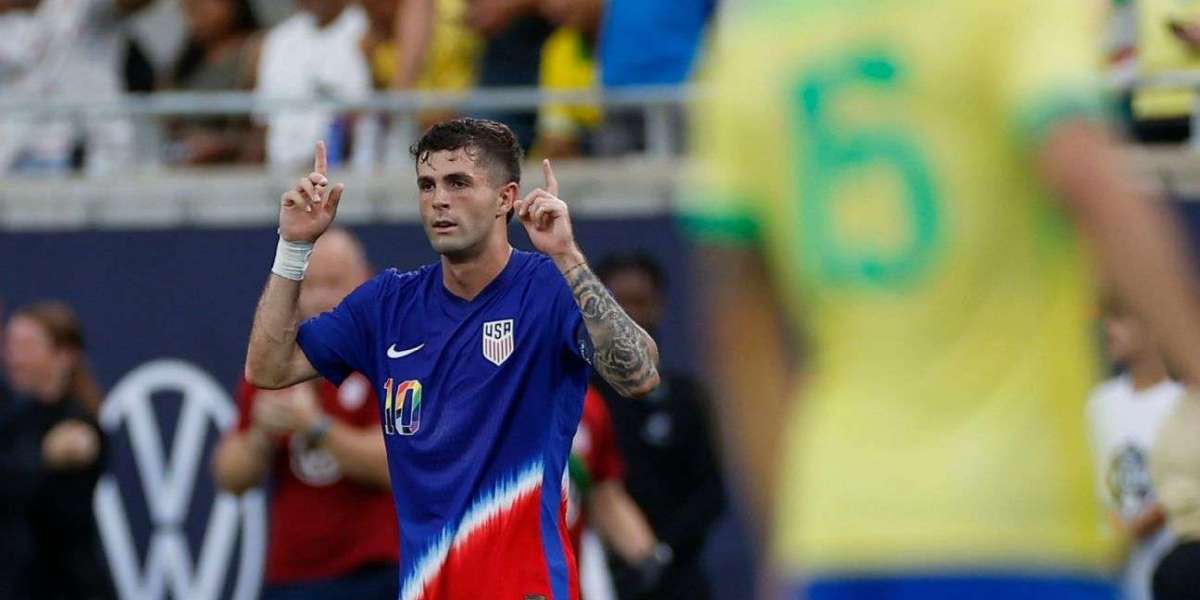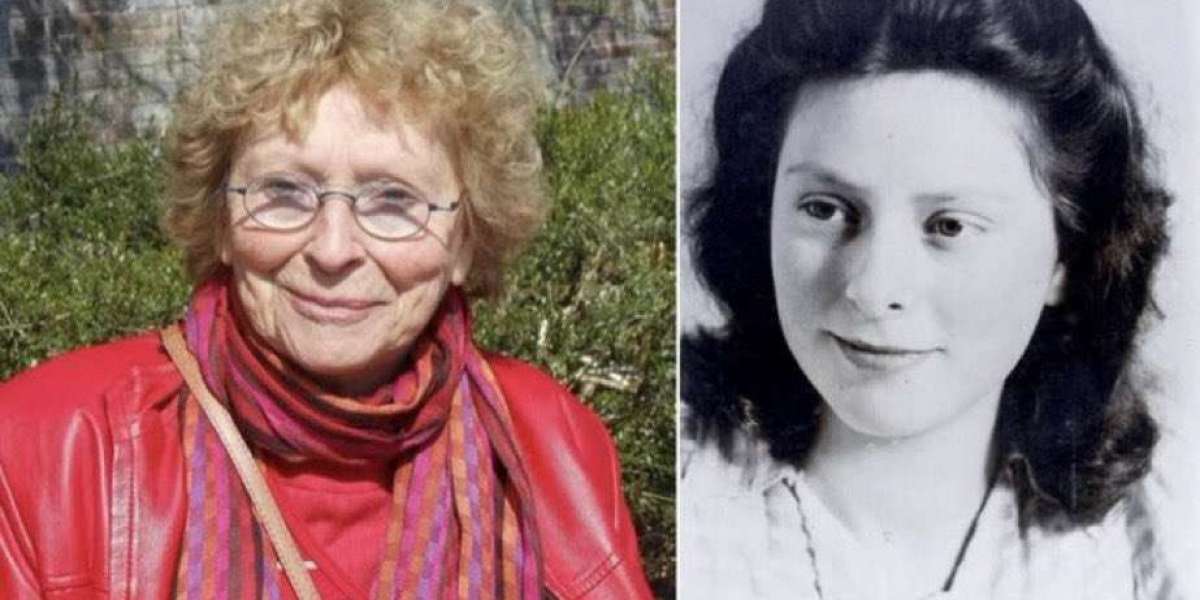UNICEF has raised the alarm: its humanitarian operations in Nigeria are facing a critical funding deficit of US$160 million, equivalent to approximately ₦240 billion, leaving only US$95 million out of the US$255 million needed to sustain essential aid programs. The stark announcement was delivered by Francis Butichi, UNICEF’s Maiduguri Field Office Chief, during the 2025 World Humanitarian Day commemoration in Maiduguri, spotlighting the gravity of the shortfall and its real consequences for vulnerable communities.
This monumental gap of about 67% of the total requirement threatens UNICEF’s life-saving interventions across Nigeria, especially in the conflict-ridden northeast and other regions grappling with displacement, floods, and deteriorating services. Butichi sounded a rallying call for urgent action, urging the private sector, government, and donors to step up through donations, volunteering, and advocacy.
Despite the funding crunch, UNICEF's efforts have not stalled. The organization has managed to extend health services to over 1.3 million people, treated 340,000 children suffering from severe malnutrition, provided safe water access to 185,000 individuals, and enrolled 500,000 displaced children into schools. These efforts underscore UNICEF’s impactful reach, yet they remain precariously dependent on sustained funding.
In response to the crisis, several northern state governments are mobilizing to cushion the blow. Gombe State, anticipating aid disruptions from global cutbacks, had already allocated special budget funds for healthcare, education, human capital development, and out-of-school children. Their proactive stance reflects a shift toward self-reliance amid dwindling international funding.
Similarly, Kebbi State has affirmed its unwavering commitment by paying its counterpart funding to UNICEF projects, signaling strong support for continued program delivery even in the face of UNICEF’s financial constraints. Sokoto State has also pledged N500 million in counterpart funding, prioritizing sectors like health, education, and humanitarian assistance.
However, the outlook remains dire for other states. In Jigawa, officials admit that the funding gap could critically undermine essential services such as nutrition, immunization, and access to safe water. The region, often battered by floods and displacement, now faces heightened risks without the cushion of robust aid.
The UNICEF alert lays bare the fragility of humanitarian operations in Nigeria, directly impacted by global funding retrenchments. With multiple crises converging, armed conflict, flood emergencies, disease outbreaks, and growing displacement, both international partners and domestic stakeholders must rise to the challenge. The continuity of life-saving nutrition, health, education, and protection services hangs in the balance.








